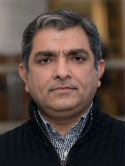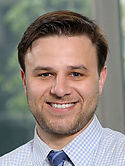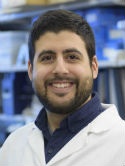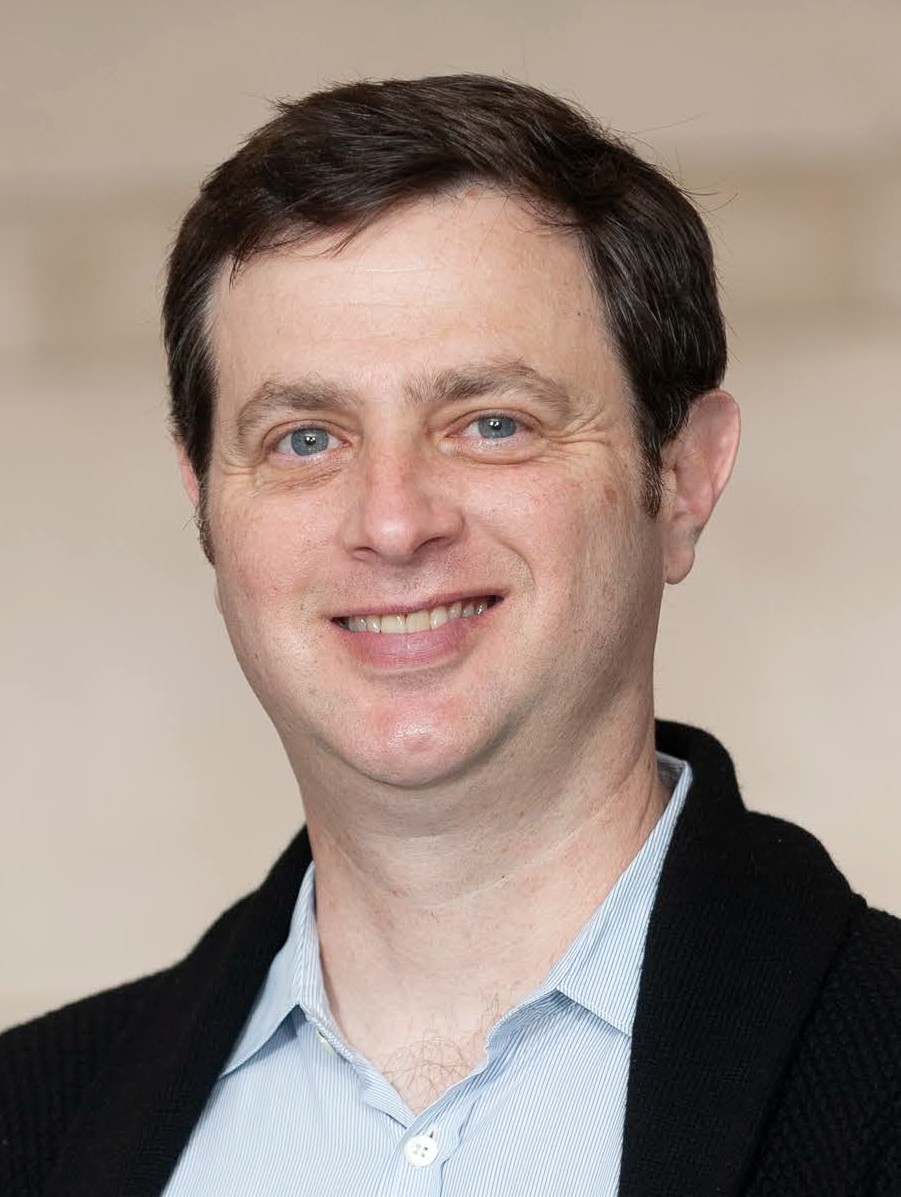Clinical and molecular features of acquired resistance to immunotherapy in non-small cell lung cancer Journal Article
| Authors: | Memon, D.; Schoenfeld, A. J.; Ye, D.; Fromm, G.; Rizvi, H.; Zhang, X.; Keddar, M. R.; Mathew, D.; Yoo, K. J.; Qiu, J.; Lihm, J.; Miriyala, J.; Sauter, J. L.; Luo, J.; Chow, A.; Bhanot, U. K.; McCarthy, C.; Vanderbilt, C. M.; Liu, C.; Abu-Akeel, M.; Plodkowski, A. J.; McGranahan, N.; Łuksza, M.; Greenbaum, B. D.; Merghoub, T.; Achour, I.; Barrett, J. C.; Stewart, R.; Beltrao, P.; Schreiber, T. H.; Minn, A. J.; Miller, M. L.; Hellmann, M. D. |
| Article Title: | Clinical and molecular features of acquired resistance to immunotherapy in non-small cell lung cancer |
| Abstract: | Although immunotherapy with PD-(L)1 blockade is routine for lung cancer, little is known about acquired resistance. Among 1,201 patients with non-small cell lung cancer (NSCLC) treated with PD-(L)1 blockade, acquired resistance is common, occurring in >60% of initial responders. Acquired resistance shows differential expression of inflammation and interferon (IFN) signaling. Relapsed tumors can be separated by upregulated or stable expression of IFNγ response genes. Upregulation of IFNγ response genes is associated with putative routes of resistance characterized by signatures of persistent IFN signaling, immune dysfunction, and mutations in antigen presentation genes which can be recapitulated in multiple murine models of acquired resistance to PD-(L)1 blockade after in vitro IFNγ treatment. Acquired resistance to PD-(L)1 blockade in NSCLC is associated with an ongoing, but altered IFN response. The persistently inflamed, rather than excluded or deserted, tumor microenvironment of acquired resistance may inform therapeutic strategies to effectively reprogram and reverse acquired resistance. © 2023 The Authors |
| Keywords: | signal transduction; genetics; mouse; animal; metabolism; animals; mice; carcinoma, non-small-cell lung; lung neoplasms; lung tumor; antigen presentation; immunotherapy; programmed death 1 ligand 1; non small cell lung cancer; tumor microenvironment; tumor heterogeneity; immune escape; clonal selection; humans; human; t cell exhaustion; neoantigens; anti-pd-1 therapy; immune-checkpoint blockade; b7-h1 antigen; genomics and transcriptomics; interferon alpha/gamma response; type i and type ii interferons |
| Journal Title: | Cancer Cell |
| Volume: | 42 |
| Issue: | 2 |
| ISSN: | 1535-6108 |
| Publisher: | Cell Press |
| Date Published: | 2024-02-12 |
| Start Page: | 209 |
| End Page: | 224.e9 |
| Language: | English |
| DOI: | 10.1016/j.ccell.2023.12.013 |
| PUBMED: | 38215748 |
| PROVIDER: | scopus |
| PMCID: | PMC11249385 |
| DOI/URL: | |
| Notes: | Article -- MSK Cancer Center Support Grant (P30 CA008748) acknowledged in PDF -- MSK corresponding author is Matthew Hellmann -- Source: Scopus |
Altmetric
Citation Impact
BMJ Impact Analytics
MSK Authors
-
 365
365Merghoub -
 94
94Bhanot -
 60
60Liu -
 412
412Hellmann -
 116
116Plodkowski -
 123
123Rizvi -
 130
130Sauter -
 142
142Vanderbilt -
 19
19Abu-Akeel -
 138
138Schoenfeld -
 45
45Chow -
 16
16McCarthy -
 27
27Luo -
 64
64Greenbaum -
 10
10Lihm
Related MSK Work



